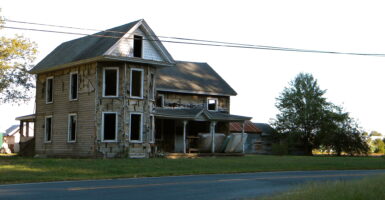What Is The Average Cost Of Private School?
More parents than ever are considering pulling their kids from public school, but can they afford the cost of private schools?
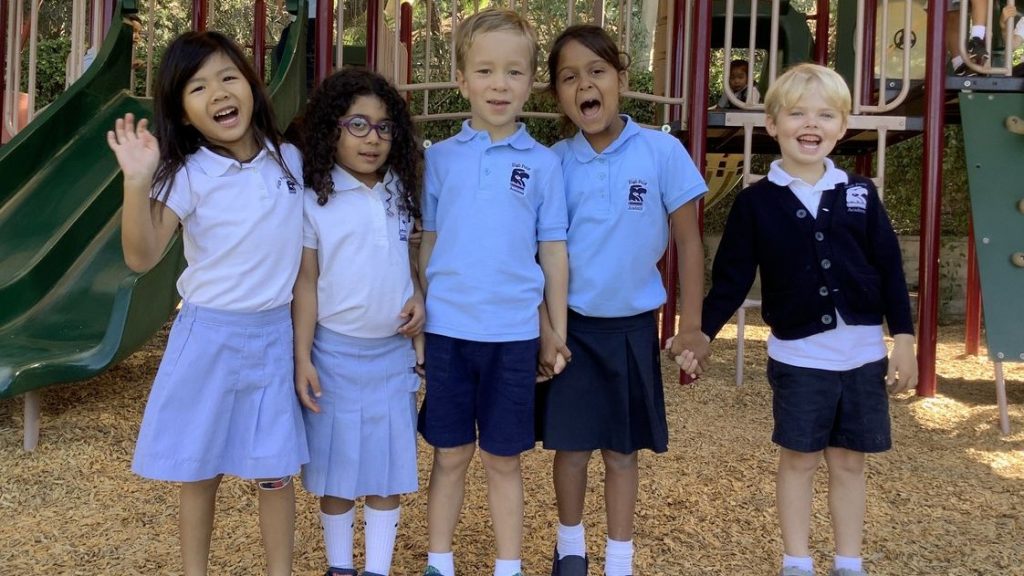
Ever since the COVID pandemic took over, a negative light has been pointed directly at the nation’s public education system. Because of this, parents have been pushing for a bigger voice in their children’s education and lawmakers are trying to make that happen. School choice bills are moving forward in many states that would allow parents to take their public education funds to private schools. Would these funds cover private school tuition? But maybe more importantly: What is the cost of private schools?
The answer, as you may expect, is not an easy one. So many factors go into the cost of private schools. As of 2021, the United States had around 22,440 private K-12 schools. The nation’s average cost of private schools is $12,350, but that number can be deceiving depending on where in the U.S. you are located.
Location is just one factor when looking at the cost of private schools. Education level plays a big part, as does whether the private school is secular or religious. Tuition costs also vary depending on how much financial aid is available to students.
Where The Cost of Private School Is Highest
According to EducationData.org, Catholic schools typically have the lowest tuition costs among all the private schools. This includes all religious private schools. By comparison, the normal private elementary school tuition averages out at $7,360 annually while the private Catholic elementary schools average $4,840 per year. Private high schools see the same type of numbers. Private high schools’ average tuition is around $16,040 a year while private Catholic high schools cost an average of $11,240.
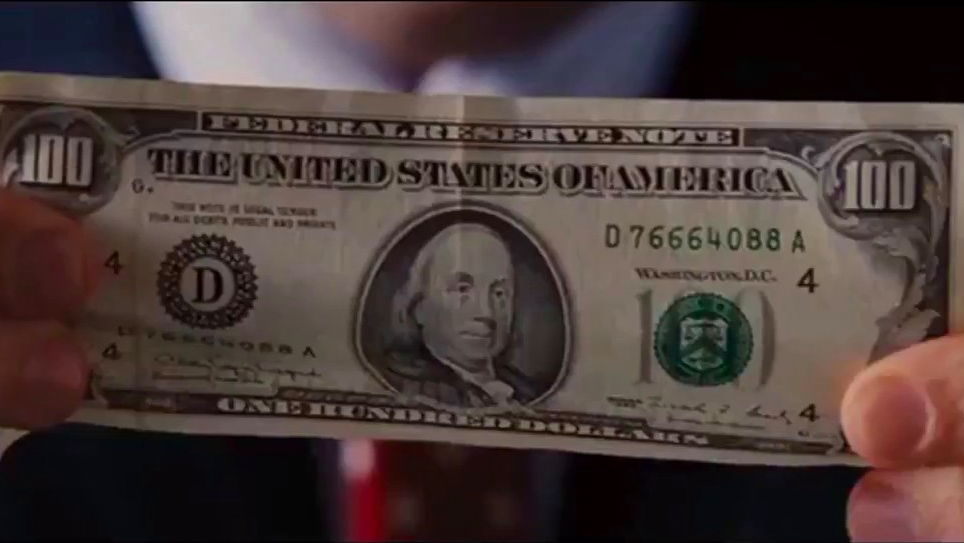
Different states have different tuition rates when looking at the cost of private schools. Surprisingly, neither California nor New York leads the way in the highest average tuition. That dubious distinction goes to the state of Connecticut. Their average cost for private schools is almost twice the national average at $23,980 annually. Even more shocking is the average tuition cost for the state’s private high schools. Their tuition sits, on average, at $33,610 a year, a number that is more than twice the national average.
Where It Is The Lowest
In major contrast to Connecticut is the state of Wisconsin. The Cheese State’s average cost for private schools is much lower and much more affordable. The state average for private schools is $3,550, which is less than one-third the national average cost. If you wanted to enroll your young child in a private elementary school within the state, you would be ponying up an average of $3,280, which is less than half the nation’s average. If you had an older child and wished to put them in a private high school, you’d be paying a yearly average of $8,110 which is around half the country’s average.
Other Fees At Private Schools
The cost for private schools isn’t only about the tuition. There are costs that you may not be aware of that can run the private school bill even higher. Much higher in some cases. Fees such as technology, which can easily reach an additional $1,500 can hurt the pocketbook. Speaking of books, books and supplies can also make a dent as they can reach $500. Then you have school uniforms, which private schools are famous for, and those can run you a good $400 each year. Depending on how active the school is, field trips can hit a good $500 as well and depending on how active your child is, athletics can set you back at least $300, if not more.

All these extras, according to Ed Data, can kick the average cost of private schools from $12,350 annually to $16,050. This is a major 30% jump on your price tag. Hidden costs in the K-12 private school sector have a way of jumping up on unsuspecting families.
“Parents don’t usually plan to send their kids to private school, whereas college is almost always a goal,” wrote Kristin McKenna, managing director, and wealth adviser at Darrow Wealth Management in an email via US News. “The need often stems from changes to the local school system or the child’s personal needs. So, when parents decide to send children to private school, it can be a sudden major expense with maybe 1-2 years’ notice. Not a lot of time to save or for investments to grow.”
Aid For Funding The Bill
The good news for families if a private school becomes a serious option is that most of them offer some type of financial aid. Sometimes this aid is need-based and sometimes the aid is merit-based, but for the most part, some type of aid will be available. It is estimated that around 28% of private school students receive some type of financial aid. Most families, though, use a combination of means to pay for the pricey tuitions. Some use combinations of financial aid along with loans and even cash. Many private schools also have payment plans to help families out.
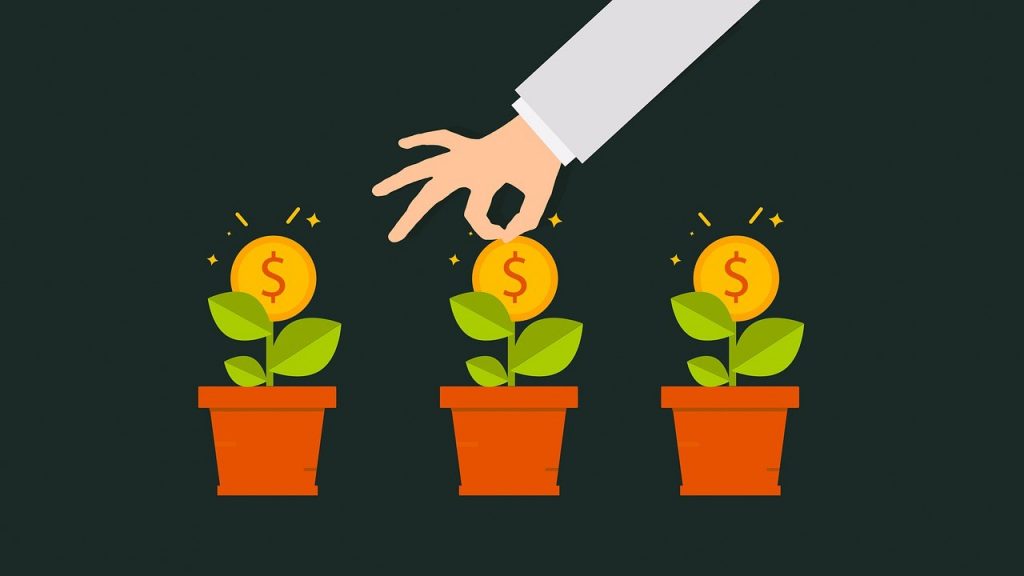
One common solution to help knock down the cost of private schools are grants. The private schools typically pay these, and families do not have to pay these back. These can be very helpful though they do require families to apply for them every year. Students can also get scholarships to help lower the tuition cost for private schools. There are many different types of scholarships available, but they require some research, persistence, and even some patience. Private schools also offer help in obtaining scholarships.
Some states, by way of nonprofit scholarships or state-supported vouchers, provide financial assistance as well. EdChoice is a great resource that helps families in search of funds. The Coverdell Education Savings Account and the 529 Education Savings Plan are two tax-advantaged savings plans that can help parents put money away to help with the cost of private schools. Both plans have different rules and restrictions so be sure to do your homework.
Perks To Private School
Cost aside, there are plenty of advantages to private schools. First off, your child would no longer have to deal with the mess that has become the public education system. Granted, not all school districts are falling apart. In fact, there are many wonderful school districts still working hard for the benefit of the children. But what many private schools can offer that public schools can’t is a better focus on your child’s education. They have the ability to better control classroom size, which can directly benefit the child. Better resources are another positive when it comes to private schools.
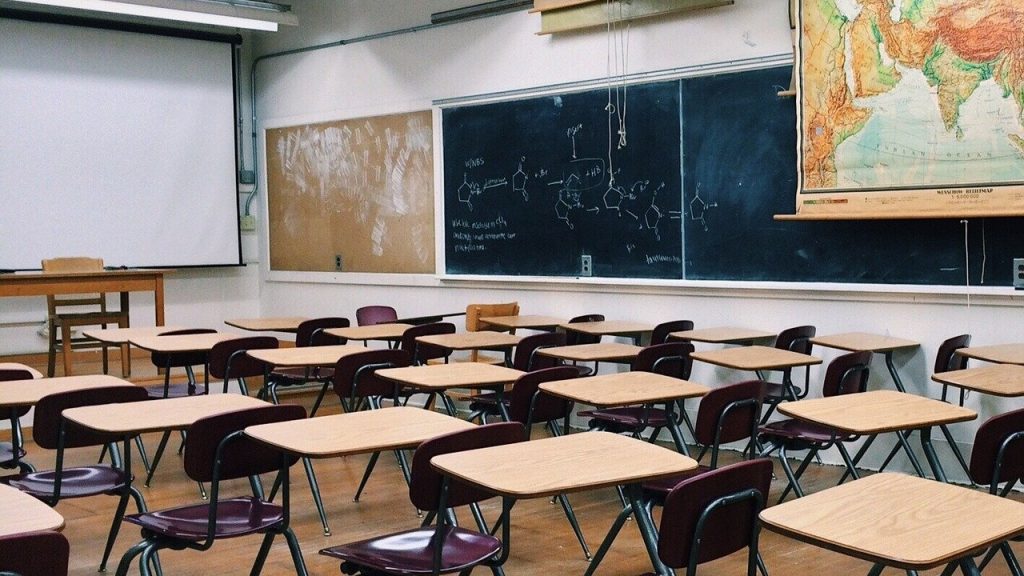
Ultimately, though, school choice is what parents are looking for and the cost of private schools is almost becoming secondary. “Parents increasingly want choices when it comes to their children’s education, instead of one size fits all,” says Michael Schuttloffel, executive director of the Council for American Private Education. “Private schools are by their very nature responsive to parents because the parents are paying customers who can choose to go elsewhere if the school is not meeting their child’s educational needs.”

